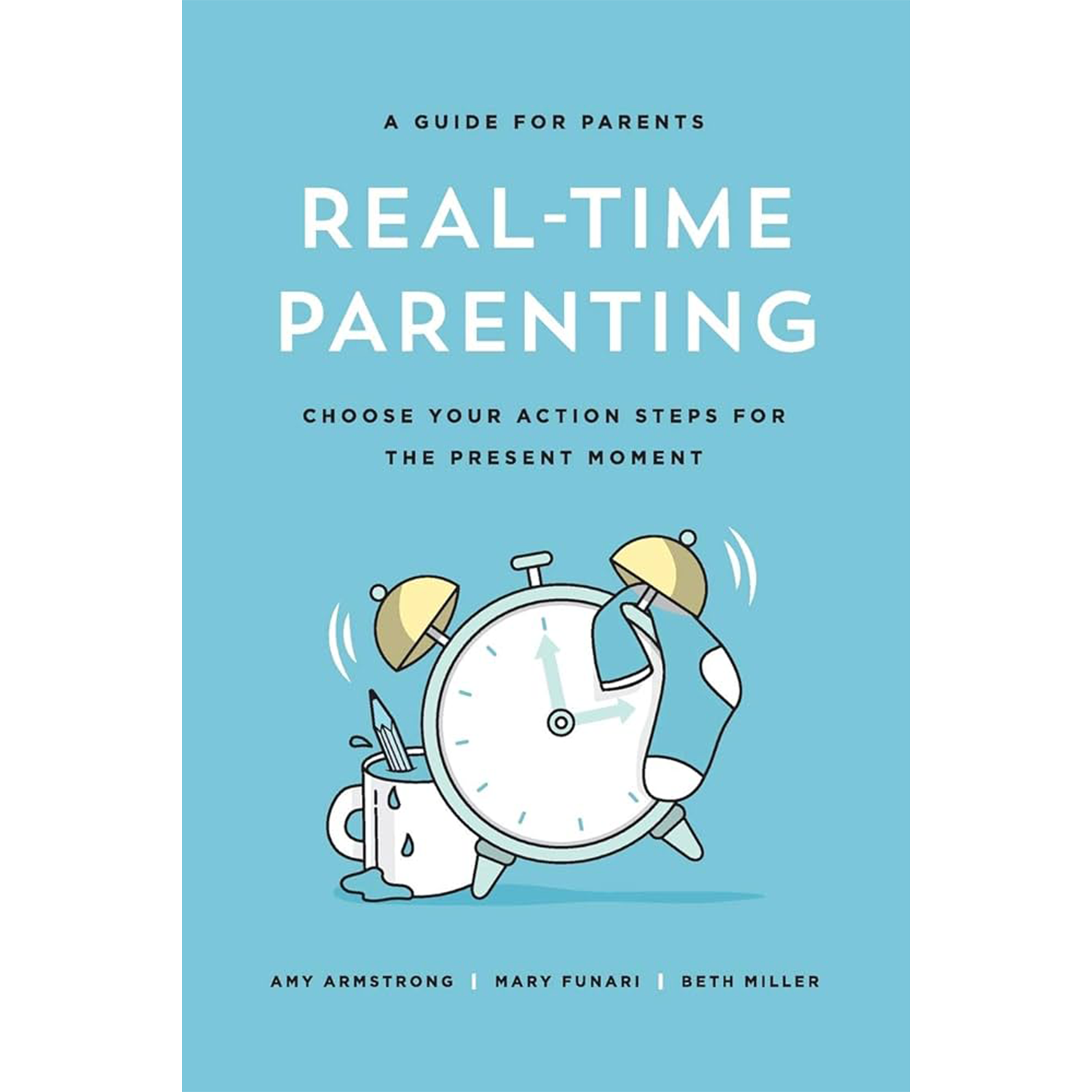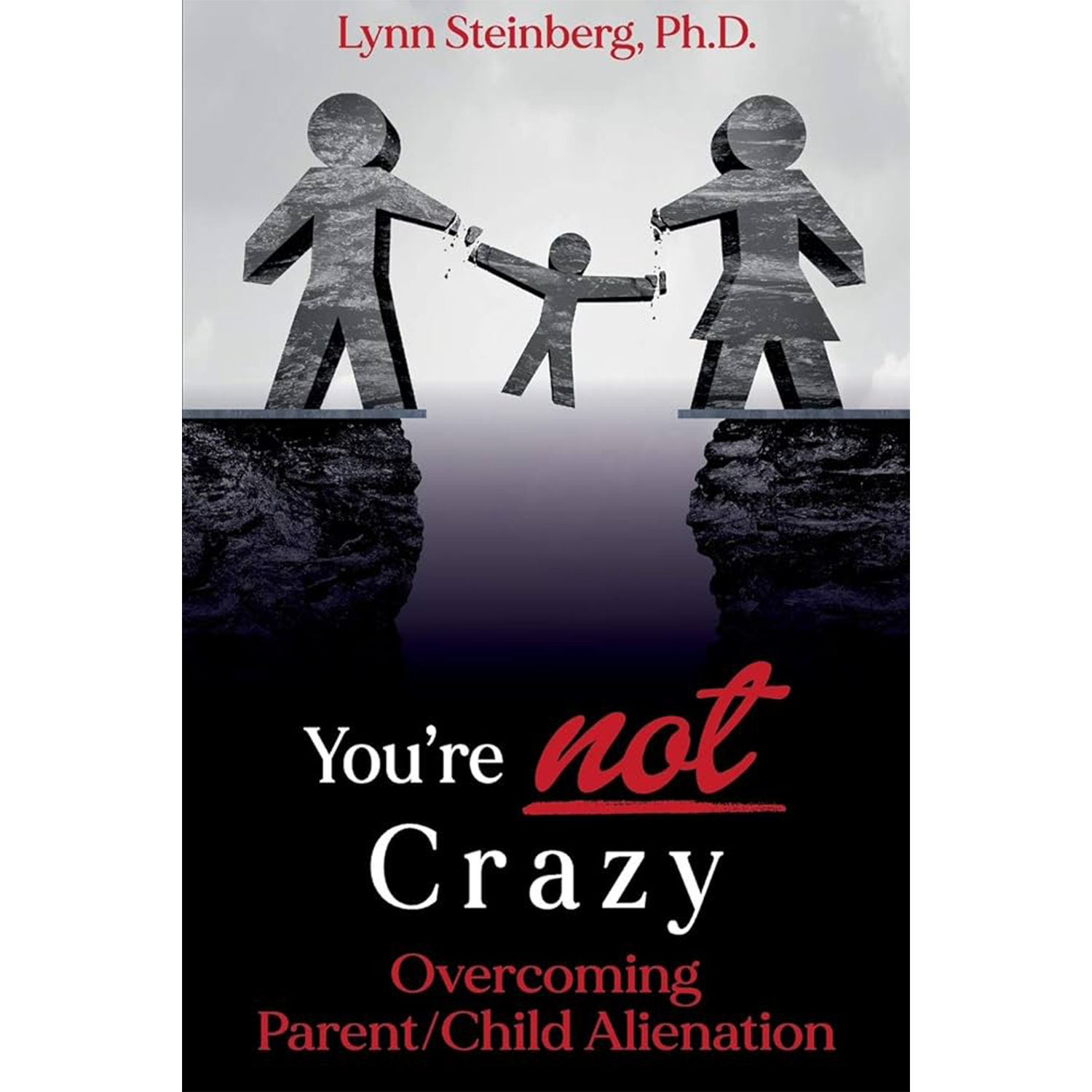
Books by PASG Members
Many PASG members are faculty members of universities in the United States and other countries. They have engaged in extensive clinical work and research regarding parental alienation. As a group, they have published hundreds of scholarly papers, book chapters, and books, some of which are listed here. The inclusion of any book on this website does not confer approval of the book or its author by the PASG Board of Directors.

The Judas Kiss: Growing Beyond Betrayal
John Brownlee | English, 2021
In The Judas Kiss: Growing Beyond Betrayal, family therapist and leadership development consultant John Brownlee draws on his clinical expertise to show us how we can overcome our pain and begin to heal. In this practical, common-sense book, he also teaches us how to spot betrayers sooner the next time―because there will be a next time. Brownlee goes deep into the multigenerational aspects of betrayal, touching on both its roots in our ancestors and its impact on our children and grandchildren. He offers hope and useful suggestions to help us soften potentially harmful effects on the family so future generations don’t repeat damaging patterns.

Nodi e snodi nell’alienazione parentale: Nuovi strumenti psicoforensi per la tutela dei diritti dei figli
Marco Pingitore | Italian, 2021
This book (Knots and Joints in Parental Alienation: New Psychoforensic Tools for the Protection of Children’s Rights) deals with parental alienation through a new point of view: that of the child and how it perceives itself, the father, and mother in the new condition of a divided family. The book describes the phases of office consultancy with a practical guide on possible questions to ask and errors to avoid, with a focus on the most effective judicial measures to be taken to protect children. Two innovative themes are addressed by the authors: the first concerns the methodology of psychological support for parents rejected by their children; the second concerns two treatment programs for the recovery of the broken relationship between the child and the rejected parent.

Séparations conflictuelles et aliénation parentale: Enfants en danger
Roland Broca, Olga Odinetz | French, 2021
Based on the studies of psychological and legal experts, this book shows how seemingly ordinary family situations can sometimes take dramatic developments. The book is based on the testimony of parents and child victims of family wars through the various stages of the judicial process, through the perspective of the different actors: judges, experts, psychiatrists, psychologists, jurists, and lawyers. It shows the limits of the various forms of intervention in the current legal context in France and draws on the experiences implemented in neighboring countries to advance promising models of intervention. This book is primarily intended for the general public because anyone considering a separation worries about how the children will preserve a relationship with both parents. The purpose of this book is to bring understanding of the phenomena involved in high-conflict parental separation and possible solutions for the protection of children and respect of their rights.

The Routledge International Handbook of Shared Parenting and Best Interest of the Child
José Manuel de Torres Perea, Edward Kruk, Margarita Ortiz-Tallo | English, 2021
With expert contributions from psychological, sociological, and legal perspectives, it offers scientific analysis and debate on whether the best interests of the child should be the primary consideration in deciding child custody cases in cases of divorce or separation or whether it should be one of several primary considerations. This book explores complex dilemmas inherent in shared parenting and whether the advantages it offers children are sufficient when compared to attributing custody to one parent and limiting visitation rights of the other. Cutting-edge topics explored include: transnational shared parenting; alternative dispute resolution; breastfeeding parents; religious disputes between parents and the psychological, social and economic factors that affect shared parenting. The Routledge International Handbook of Shared Parenting and Best Interest of the Child will be essential reading for scholars and graduate students in law, psychology, sociology, and economics interested in shared parenting and family law.

Diagnosing Parental Alienation: The Five-Factor Model Workbook
Petra Deeter | English, 2021
Parents who are targets of parental alienation often struggle to understand what they are dealing with, let alone how to prove their case. This book explains how the Five-Factor Model can be used to diagnose parental alienation and how you should document and keep evidence so that your case is well structured and thorough.

Real-Time Parenting: Choose Your Action Steps for the Present Moment
Beth Miller, Amy Armstrong, Mary Funari | English, 2021
Real-Time Parenting is the antidote to our comparison culture. Parents increase self-awareness and develop trust in themselves by taking inventory of their personality, values, and past experiences. They craft a unique vision for their family and choose action steps to meet their children’s needs in the heat of everyday moments. There is no one-size-fits-all approach to parenting. Real-Time Parenting is written by three parent coaches who understand the demands of parenthood and empower moms and dads to discover their personal best. Through stories and practice, they respond to their family with intention instead of reacting from stress. They build self-confidence as they embrace a positive mindset, celebrate wins, and engage with a supportive community.

You’re Not Crazy: Overcoming Parent/Child Alienation
Lynn Steinberg | English, 2021
This book was written for the alienated parent, whether in the beginning or advanced stages. So many reactions, such as: “You must have done something to your son/daughter to have caused them to not talk to you” “When people get divorced, the blame is 50/50; so what did YOU do?” In therapy: “You have to listen to your son/daughter without getting defensive or telling them what they are saying is not true. It is their reality!” “Your child is old enough to choose not to live with you”, at times said when the child is 11, 12, 13, 14 and up years of age! Children cannot drive, drink, vote and do many other things until they reach a certain age. Why is a brainwashed child legally supported in rejecting a once beloved parent? “Your son/daughter is an adult. They couldn’t still be under the influence of the other parent and his/her family” The answer to all the above is “ALL OF THE ABOVE STATEMENTS ARE FALSE, FALSE, FALSE!” Parental alienation is child abuse. It is time for the courts, attorneys, guardians ad litem, child protection personnel, psychologists, psychotherapists, physicians, families and friends to recognize it for what it is and put a stop to it.

Litigating Parental Alienation: Evaluating and Presenting an Effective Case in Court
Ashish Joshi | English, 2021
There is no doubt that parental alienation exists and that U.S. courts have acknowledged the concept, although the theory can sometimes be misused. This practitioner’s manual provides an overview of the concept of parental alienation and explains how to correctly handle it in court. “Hands-on” practice pointers and sample materials on litigating parental alienation make this an essential resource for the family lawyer. This book focuses on one of the most important issues that our legal system confronts: the rights of children. More broadly, this book informs and guides trial lawyers whose cases involve emotion-laden issues, and the need for science-based evidence. Litigating Parental Alienation provides an in-depth examination of evaluating a case of parental alienation and practical guidance for handling a case in court. As these cases involve not just family law practitioners, this book offers science, case law, and practice pointers for guardians ad litem, family court judges, referees, minors’ counsel, and custody evaluators.
